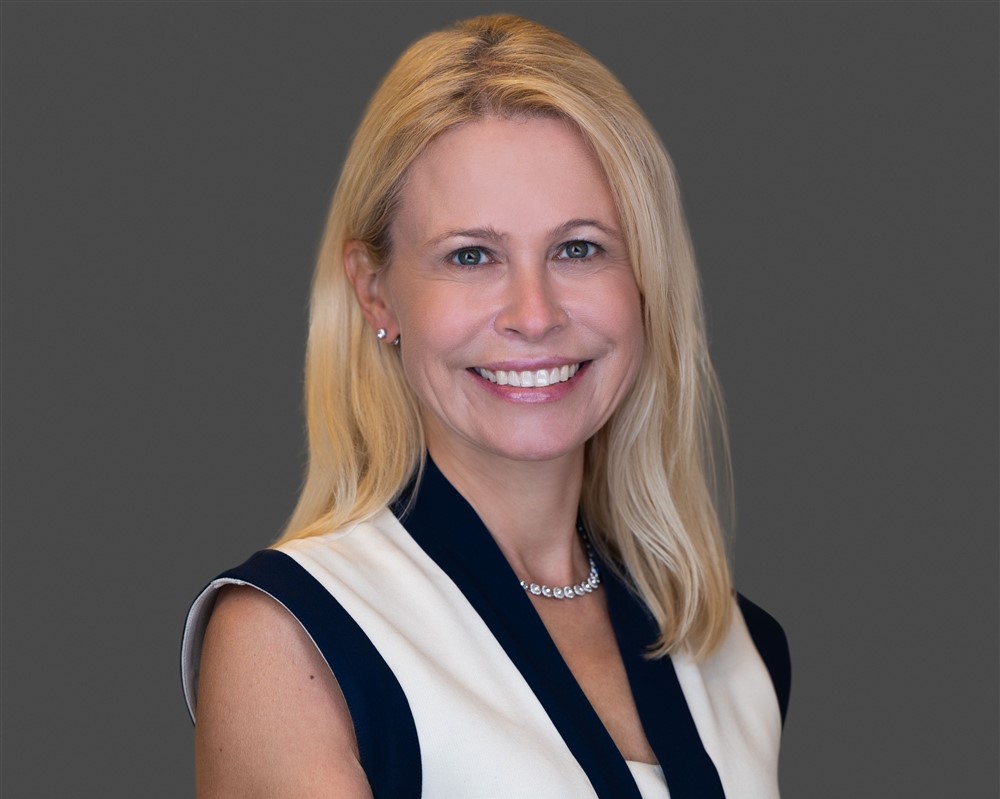
Discussing the Dysfunction in MGD and DED (Archived CE Webcast)

This educational activity has expired. You will not be able to claim credit for this activity.
Activity Description and Purpose
Meibomian gland dysfunction (MGD) is the root cause of dry eye disease (DED), leading to poor tear film quality and exacerbated evaporation of the tear film from the ocular surface. Diagnosis of DED is often delayed, and, until recently, available prescription-based treatments did not target evaporative loss. In this educational activity, experts will present real-world cases that review best practices in the diagnosis and management of MGD-associated DED and current treatment strategies and discuss emerging treatments for MGD. This educational activity is based on the proceedings of a series of live CME/CE webinars. Since these proceedings, perfluorohexyloctane, 100%, and TP-03 have been approved by the US Food and Drug Administration for the treatment of DED and Demodex blepharitis, respectively. The desired results of this activity are to cement knowledge of the pathophysiology of MGD-associated DED and to help optometrists obtain practical strategies for screening, diagnosis, and effective treatment that can improve outcomes for patients.
Target Audience
This educational activity is intended for optometrists.
Learning Objectives
After completing this activity, participants will be better able to:
- Incorporate routine meibomian gland expression into practice
- Describe the pathophysiology of meibomian gland dysfunction–associated dry eye disease
- Design evidence-based treatment plans for persons with meibomian gland dysfunction–associated dry eye disease
- Evaluate clinical trial data for agents under development for the treatment of meibomian gland dysfunction–associated dry eye disease
Faculty
 | Kendall E. Donaldson, MD, MS Professor of Clinical Ophthalmology Medical Director Bascom Palmer Eye Institute in Plantation Plantation, Florida |
 | Walter O. Whitley, OD, MBA, FAAO Director, Optometric Services Virginia Eye Consultants Virginia Beach, Virginia |
Disclosure Policy
The content of this COPE-accredited CE activity was planned and prepared independently by MedEdicus without input from members of an ineligible company. All relevant relationships with ineligible companies have been mitigated.
Faculty
Kendall E. Donaldson, MD, MS, is a consultant for AcuFocus, Inc, Alcon, Allergan, Bausch & Lomb Incorporated, Dompé US, Inc, Eyevance, Johnson & Johnson Vision Care, Inc, Kala Pharmaceuticals, Lumenis, Omeros Corporation, ScienceBased Health, Tarsus Pharmaceuticals, Inc, and Zeiss.
Walter O. Whitley, OD, MBA, FAAO, is a consultant for Alcon, Allergan, Bausch & Lomb Incorporated, Bruder Healthcare, Dompé US, Inc, Kala Pharmaceuticals, Novartis Pharmaceuticals Corporation, Oyster Point Pharma, Inc, Santen Inc, Sun Pharmaceutical Industries, Inc, and ScienceBased Health; and is on the speakers bureau of Alcon, Allergan, Bausch & Lomb Incorporated, Kala Pharmaceuticals, Oyster Point Pharma, Inc, Santen Inc, and Sun Pharmaceutical Industries, Inc.
Peer Reviewer
This activity was peer reviewed. The peer reviewer has no relevant commercial relationships to disclose.
Planners, Managers, and Writers
Carrie Allen, PharmD, BCPP, BCPS, MedEdicus Content Manager for this activity, was previously employed by CVS within the past 2 years, but that relationship has ended.
Other MedEdicus planners, managers, and writers have no relevant commercial relationships to disclose.
Accreditation Statement
![]() COPE approved for 1.0 CE credit for optometrists.
COPE approved for 1.0 CE credit for optometrists.
COPE Course ID: 86015-TD (Asynchronous)
COPE Course Category: Treatment & Management of Ocular Disease
Administrator: ![]()
This activity, COPE Activity Number 126613, is accredited by COPE for continuing education for optometrists.
Disclosure of Commercial Support
MedEdicus has received commercial support from Bausch & Lomb Incorporated for this activity in the form of an unrestricted educational grant.
The content of this COPE-accredited CE activity was planned and prepared independently by MedEdicus without input from members of an ineligible company.
Off-Label Discussion
This educational activity may include discussion of unlabeled and/or investigational uses of drugs and devices. Please refer to the official prescribing information for each drug or device discussed in this activity for approved dosing, indications, and warnings.
Provider Contact Information
For questions about this educational activity, please contact MedEdicus LLC at [email protected].
Disclaimer
The views and opinions expressed in this educational activity are those of the faculty and do not necessarily represent the views of the State University of New York College of Optometry, MedEdicus LLC, or Bausch & Lomb Incorporated.
©2023 MedEdicus LLC. 279.2

 Facebook
Facebook X
X LinkedIn
LinkedIn Forward
Forward